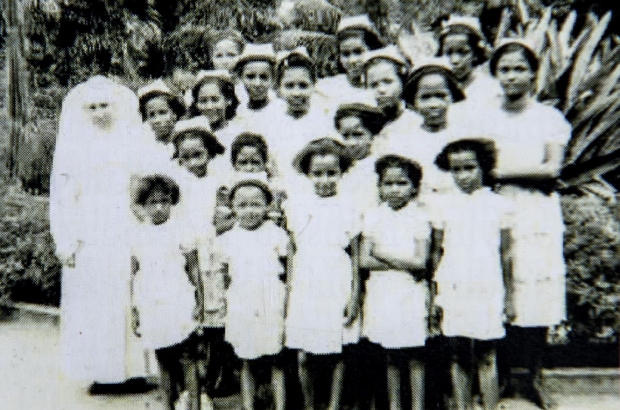A court case against the Belgian state for its racial policy in Congo has kicked off this week, with the legal complaint at its origins reported to be a historic first for Europe.
Five victims of racial segregation in Congo filed against the Belgian state in 2021 regarding its policies at the time of its colonial rule between 1908 and 1960.
The five women were born in Congo between 1946 and 1950 and assert that Belgium was guilty of crimes against humanity, seeking compensation for the suffering they endured as a result of their abduction and segregation and also asking for documentation on their origins and background.
The women were each born from a relationship between a Belgian man and a Congolese woman during the period when Congo was a Belgian colony.
They were taken from their families and taken to orphanages, like most children of mixed race relationships. These children were placed in Catholic missions in the Belgian Congo, but also in places such as Rwanda, far from their homes.
According to documents found in colonial archives, the abductions of such children were organised by Belgian officers, with the knowledge of the Church.
The five victims behind the 2021 complaint lost their case at first instance, with the court ruling that “however unacceptable it may be today, the policy of placing mixed-race children in religious institutions for racial reasons was not, between 1948 and 1961, considered by the Community of States to be a crime against humanity”.
As for the accusation that the Belgian state had “violated fundamental rights”, the court considered that the claimants' action, brought 60 years after the events, was outside a reasonable statute of limitations. The victims have since filed an appeal. The trial continues. By Helen Lyons, The Bulletin






